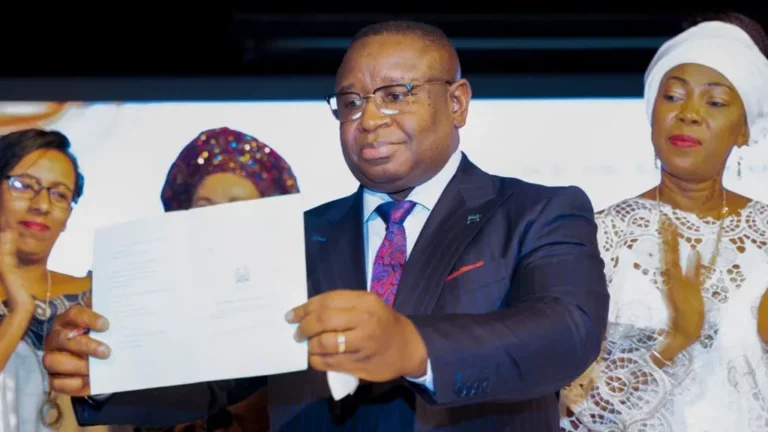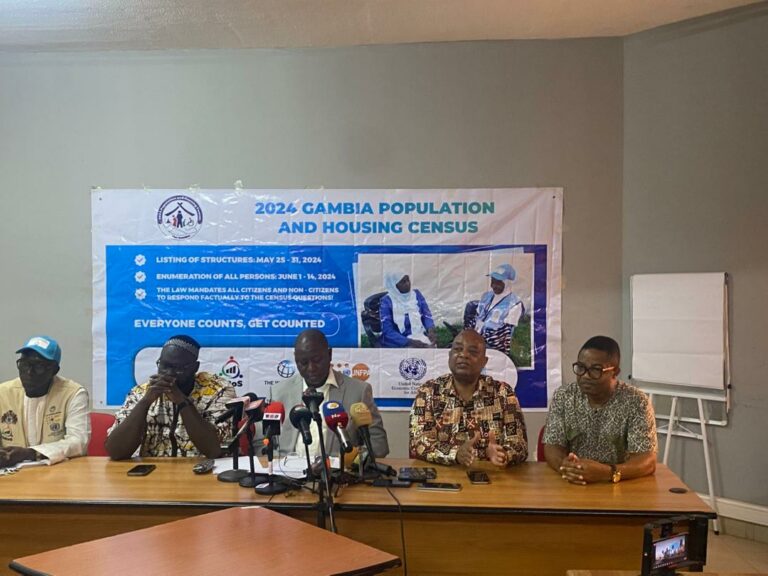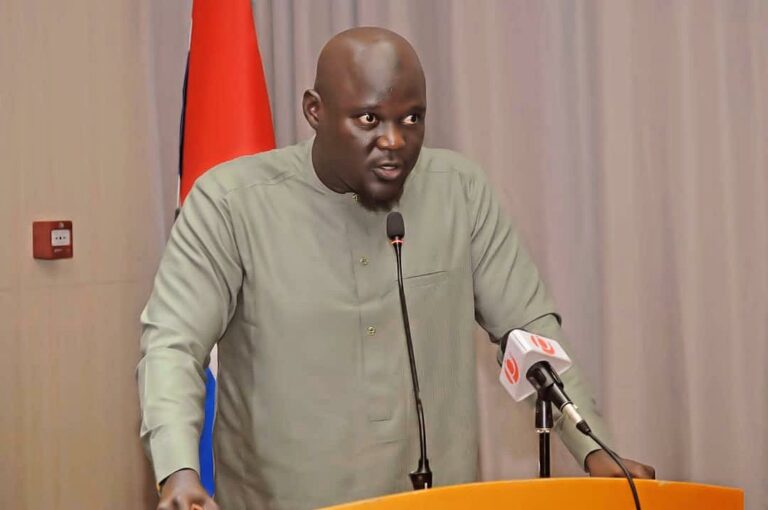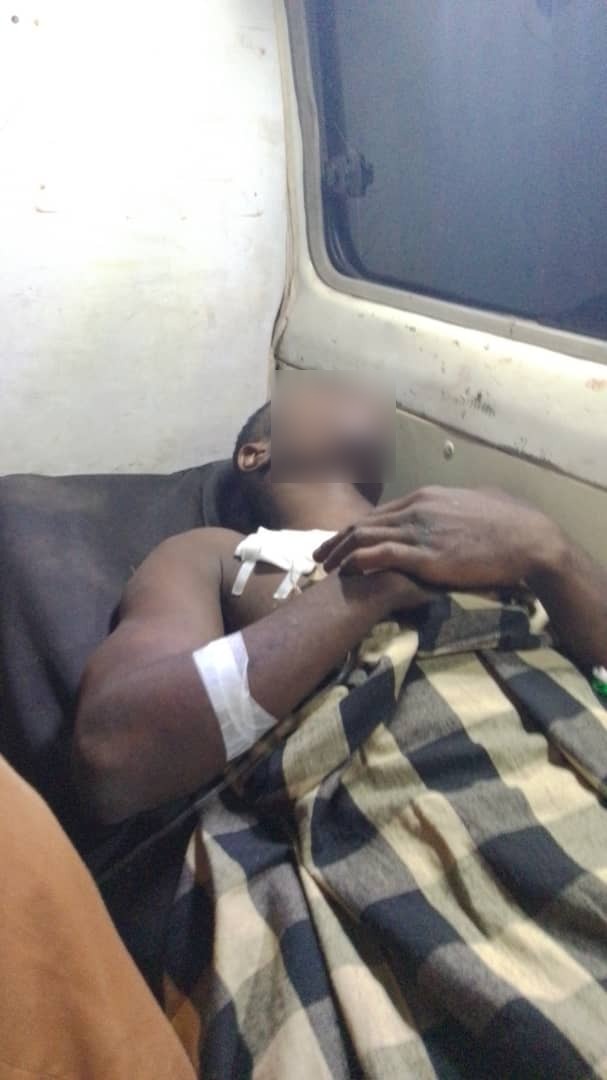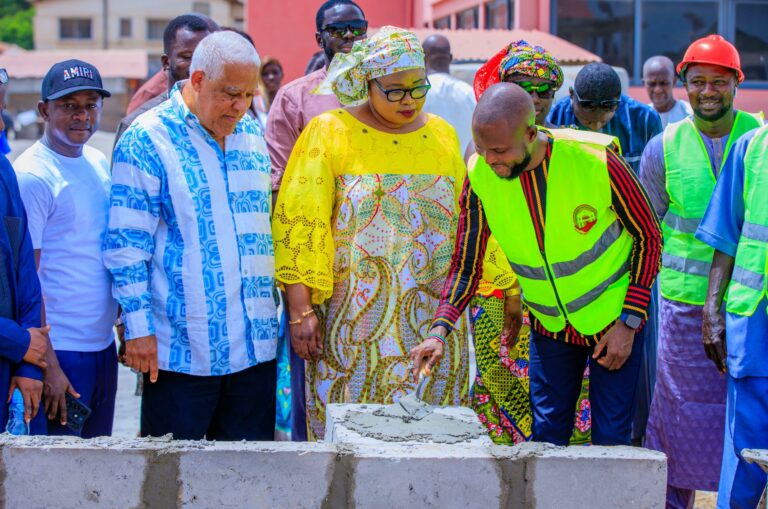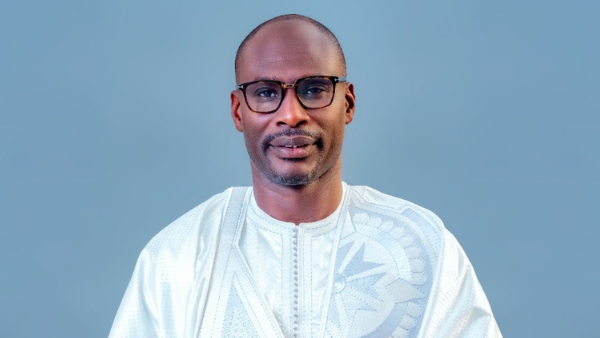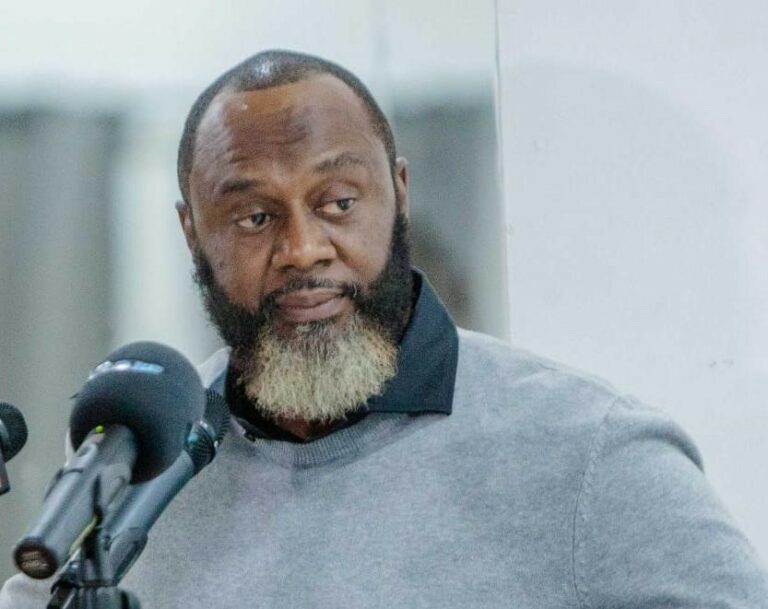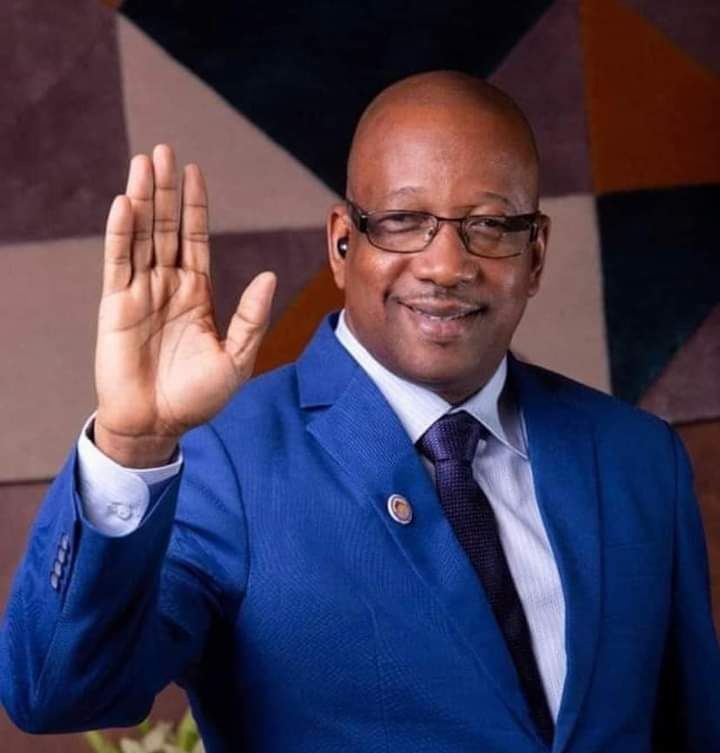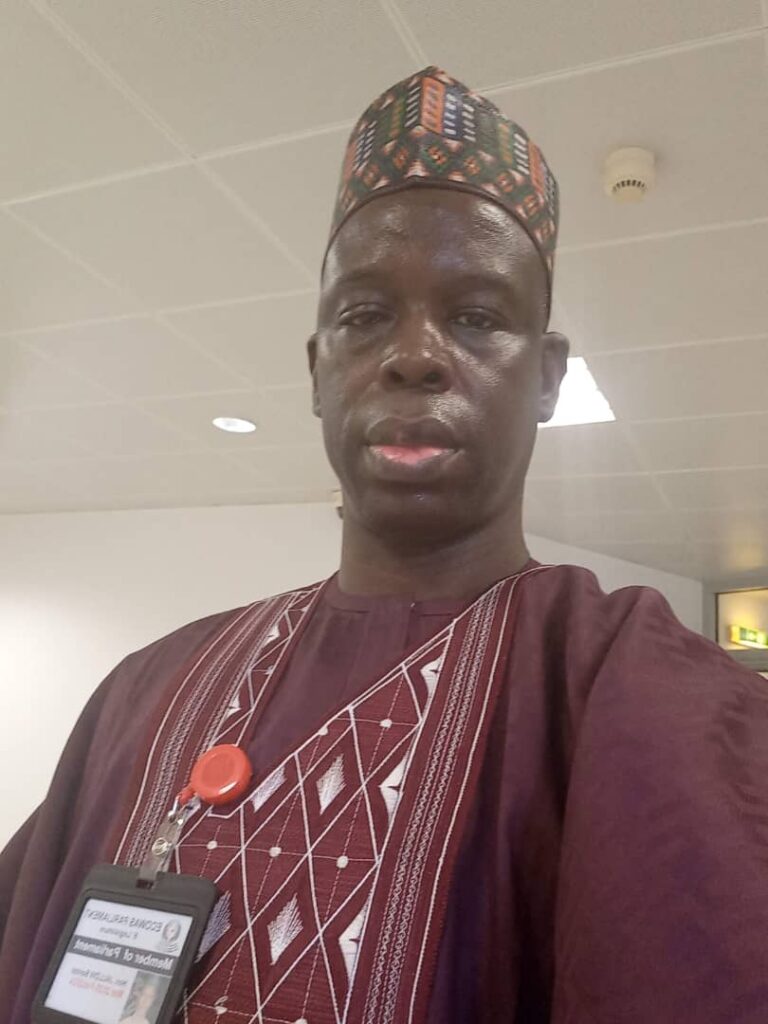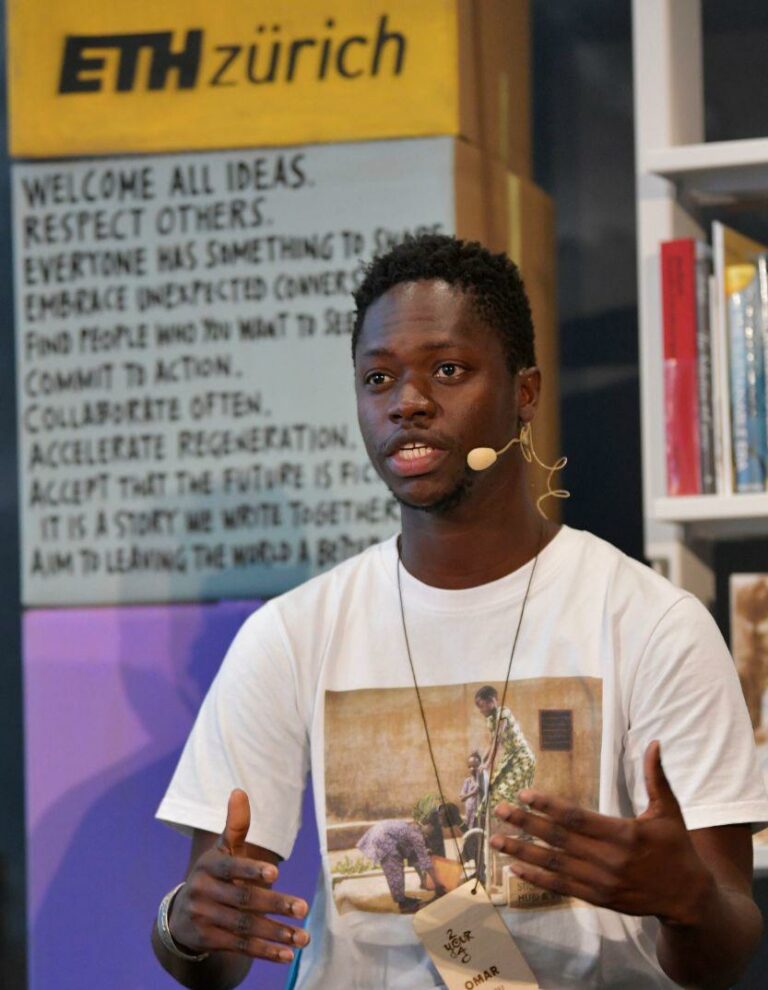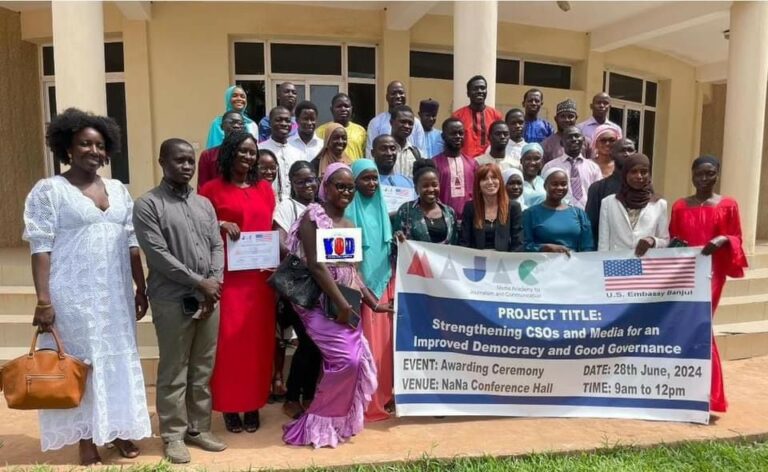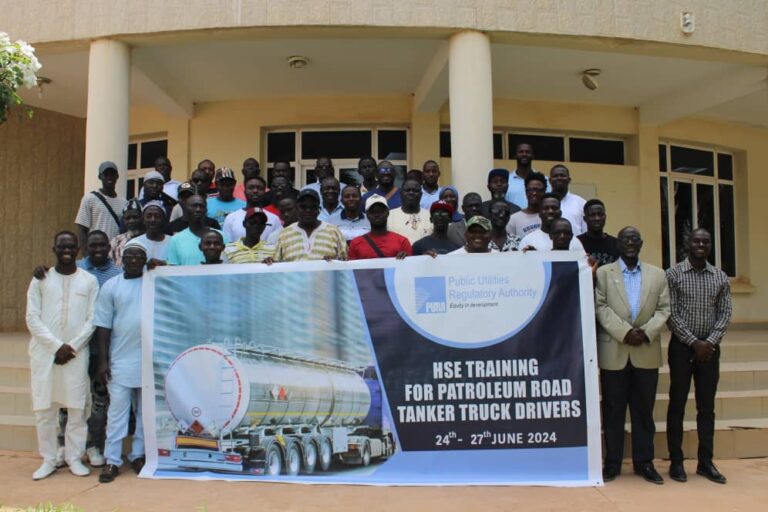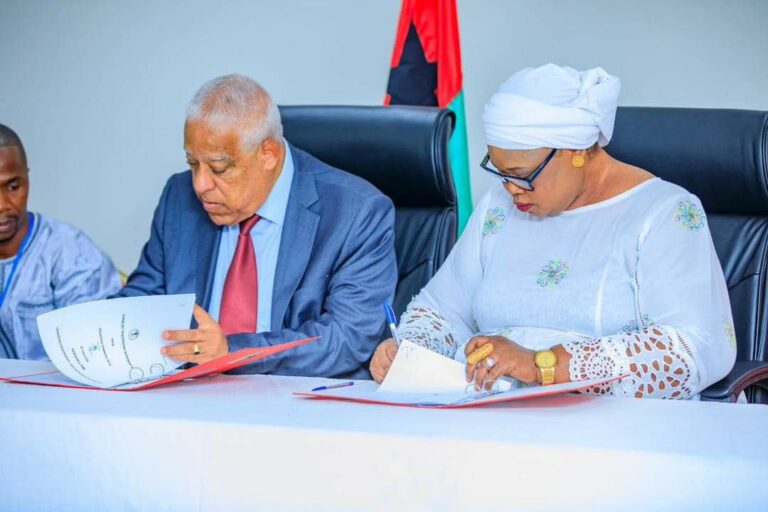By Amara Thoronka
With a broad smile in the company of his wife and daughter, President of Sierra Leone, Brigadier (Rtd) Julius Maada Bio, signed the Prohibition of Child Marriage Act 2024, a law that prohibits and criminalizes the marriage of any female below 18 years. The law was recently passed in Parliament and sent to the President for his assent as provided by law.
The symbolic signing ceremony took place on Tuesday, 2nd July 2024, in the country’s capital, Freetown. President Julius Maada Bio, alongside his wife, First Lady Fatima Bio, also launched the WeAreEqual Campaign on the same day. This campaign aims to close the gender gap, focusing on health, education, gender-based violence, and economic empowerment for women and girls.
The Prohibition of Child Marriage Act 2024 imposes imprisonment, fines, and other penalties on persons who marry a minor and on those who arrange or participate in such marriages.
According to First Lady Fatima Bio, legislating this law has been challenging. Similar challenges have been expressed by some politicians and technocrats who have served in both current and previous governments.
Despite these challenges, particularly in a culturally sensitive setting, First Lady Fatima Bio championed the Prohibition of Child Marriage bill [now the Prohibition of Child Marriage Act 2024] through engagement and lobbying, securing unanimous support from both governing and opposition lawmakers as the law made its way through Parliament as a private member bill.
Due to her significant role in passing this law to protect girls from early marriage and its associated implications, the First Lady has received accolades from children, gender and human rights activists, and organizations.
Similarly, First Lady Fatima Bio has utilized her Hands Off Our Girls campaign to defend and promote the rights and welfare of women and girls. She has also been instrumental in advocating for stricter penalties against rape and domestic violence. Through her leadership and that of other gender organizations, Sierra Leone passed a law ahead of the country’s June 2023 elections, mandating a minimum of 30% female representation in appointive and elective offices, achieving the highest level of women’s representation in public offices in the country’s political history.
“This is not about me, my husband the President, or politics. It is about our women, our girls, and the future of this nation. Yes, it is about all of us,” First Lady Fatima Bio told lawmakers before the Prohibition of Child Marriage bill became law.
While giving credit to her husband, First Lady Fatima Bio has consistently acknowledged the enormous support she receives from President Bio, which has globally recognized her as a champion of the rights and welfare of women and girls. This international recognition includes her appointment to the United Nations Secretary-General’s Advisory Board of Eminent Persons on Zero Waste, her role as a champion for Adolescent Girls and Young Women appointed by UNAIDS, and her global advocacy for the adoption of the World Day for the Prevention of and Healing from Child Sexual Exploitation, Abuse, and Violence.

